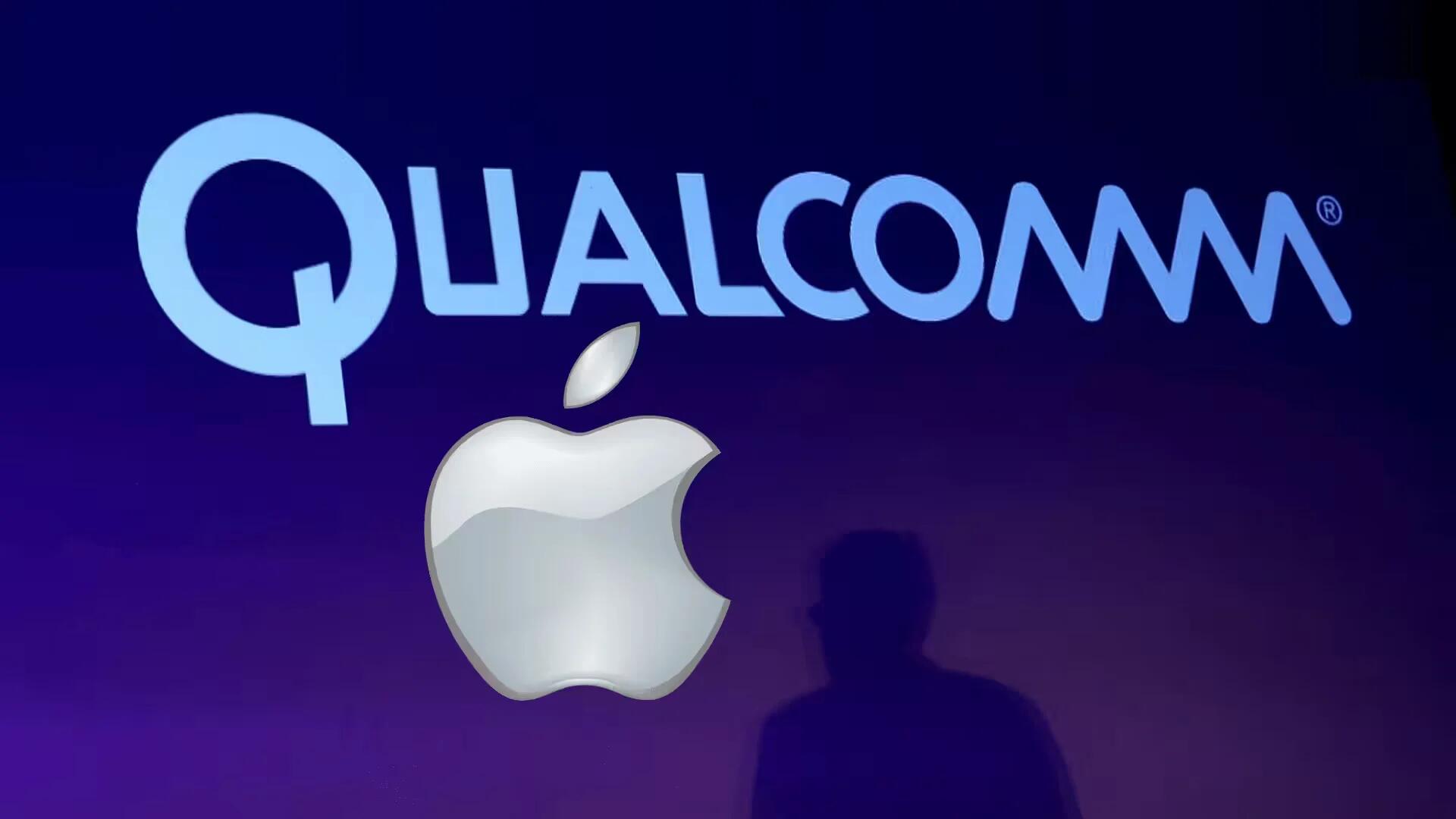Recently, Qualcomm has filed a lawsuit against Apple asking a Chinese court to block the sale and manufacturing of iPhones within the country. This lawsuit is the chipmaker’s biggest shot at Apple Inc. so far in a sprawling and bitter legal fight.
The San Diego-based company aims to inflict pain on Apple in the world’s largest market for smartphones and cut off production in a country where most iPhones are made. The product provides almost two-thirds of Apple’s revenue. Although China is not Apple’s most profitable country for iPhone sales, it is where the majority of the devices are manufactured.
The suits were filed in a Beijing intellectual property court claiming patent infringement, a Qualcomm spokesperson told Bloomberg, adding: “Apple employs technologies invented by Qualcomm without paying for them“.
In its lawsuit, Qualcomm reportedly claims that Apple is in violation of three patents, none of which are essential to any industry standards – meaning Qualcomm is not obligated to license them. “Apple employs technologies invented by Qualcomm without paying for them“, a Qualcomm spokesperson told Bloomberg. Those patents are said to cover power management and the iPhone’s Force Touch feature.
The fight between Apple and Qualcomm started back in January when the FTC filed a complaint alleging that Qualcomm forced Apple to use its baseband chips for higher patent royalties. Apple followed with a $1 billion lawsuit against Qualcomm three days after the monopoly complaint. It also accused the chipmaker of charging unfair royalties for “technologies they have nothing to do with” and failing to pay for quarterly rebates.
Qualcomm charges a percentage of the price of each handset regardless of whether it includes a chip from the company, and Apple is sick of paying those fees. So, Apple stopped paying licensing fees to Qualcomm at that time, as did Apple suppliers.
Qualcomm then countered with a patent suit, arguing that Apple encouraged regulators in various markets to take action against it based on false testimony. It also filed a suit against four Apple contract manufacturers for failing to pay royalties on licensing agreements.
Earlier this week, Qualcomm was fined a record NT$23.4 billion ($773 million) by Taiwan’s Fair Trade Commission, a ruling the company is appealing. Qualcomm says the $773 million fine will not affect the company and earlier this year, Apple came out victorious over two patent disagreements. The chipmaker is also asking U.S. authorities to ban the import of some versions of the iPhone, arguing they infringe on its patents.
It seems exceedingly unlikely that sales of any iPhones will be banned. Rather, this mostly seems to be an attempt to get back at Apple for many lawsuits it has filed against Qualcomm around the globe. It could also give Qualcomm some leverage when negotiating the outcome of those suits.
We will update with new details as they become available. If Qualcomm’s ban request goes through it could prove to be disastrous for Apple. So, it will be fascinating to see what happens next. In other news, Apple is reportedly facing low iPhone 8 demand as per leaked Q3 data from AT&T.
